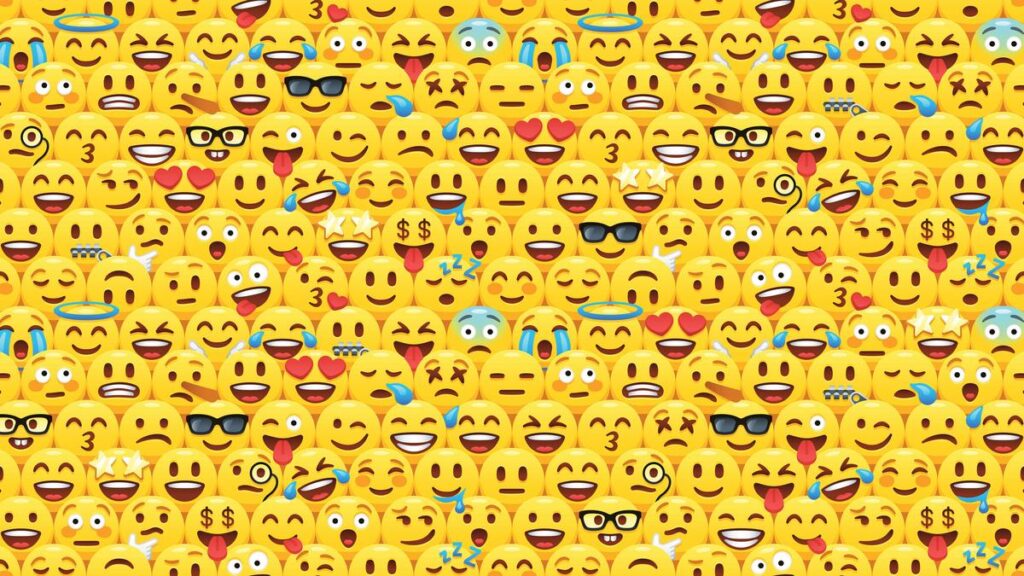
Emojis.
URGENT UPDATE: Widespread anxiety over the use of culturally inappropriate emojis is igniting debates across social media platforms, as individuals grapple with the implications of political correctness on everyday communication. This issue has gained momentum, prompting calls for greater awareness and sensitivity in digital interactions.
Experts and social commentators are raising alarms about the potential for offense, as users navigate the increasingly complex landscape of emoji usage. Just this week, a prominent advice column, “Anxiety Aunt,” highlighted these concerns, emphasizing how modern communication can lead to misunderstandings and cultural insensitivity.
The column, published on October 15, 2023, has resonated widely, with many expressing their fears about how emojis might unintentionally offend people from different backgrounds. The author pointed out that the delicate balance between being politically correct and fostering genuine kindness is becoming harder to maintain.
With over 2,000 social media shares in just a few hours, the issue has sparked a viral conversation. Many are now questioning, “How do we communicate effectively without crossing cultural boundaries?” This growing discourse underscores the importance of understanding the diverse meanings that emojis can carry across various cultures.
WHAT THIS MEANS NOW: As digital communication continues to evolve, the ramifications of misusing emojis could extend beyond social faux pas. Experts warn that misunderstandings can lead to significant emotional distress for those on the receiving end. This situation demands immediate attention and education on cultural sensitivity in the digital age.
Authorities in social media etiquette are calling for users to reflect on their emoji choices, especially in light of recent controversies surrounding cultural appropriation and representation. “We must prioritize understanding over convenience,” a leading cultural analyst stated in a recent interview.
As public awareness grows, users are encouraged to engage in conversations about emoji usage and its cultural implications. The goal is to create a more inclusive and respectful online environment where individuals feel valued and understood.
NEXT STEPS: Moving forward, experts suggest that individuals educate themselves about the cultural significance of the emojis they use. Workshops and online resources are being developed to promote awareness and understanding. As this conversation unfolds, it is essential for users to remain vigilant and respectful in their digital communications.
As the dialogue continues, this is a developing story that highlights the urgent need for cultural sensitivity in our increasingly interconnected world. Stay tuned for further updates on this critical issue as it evolves.






